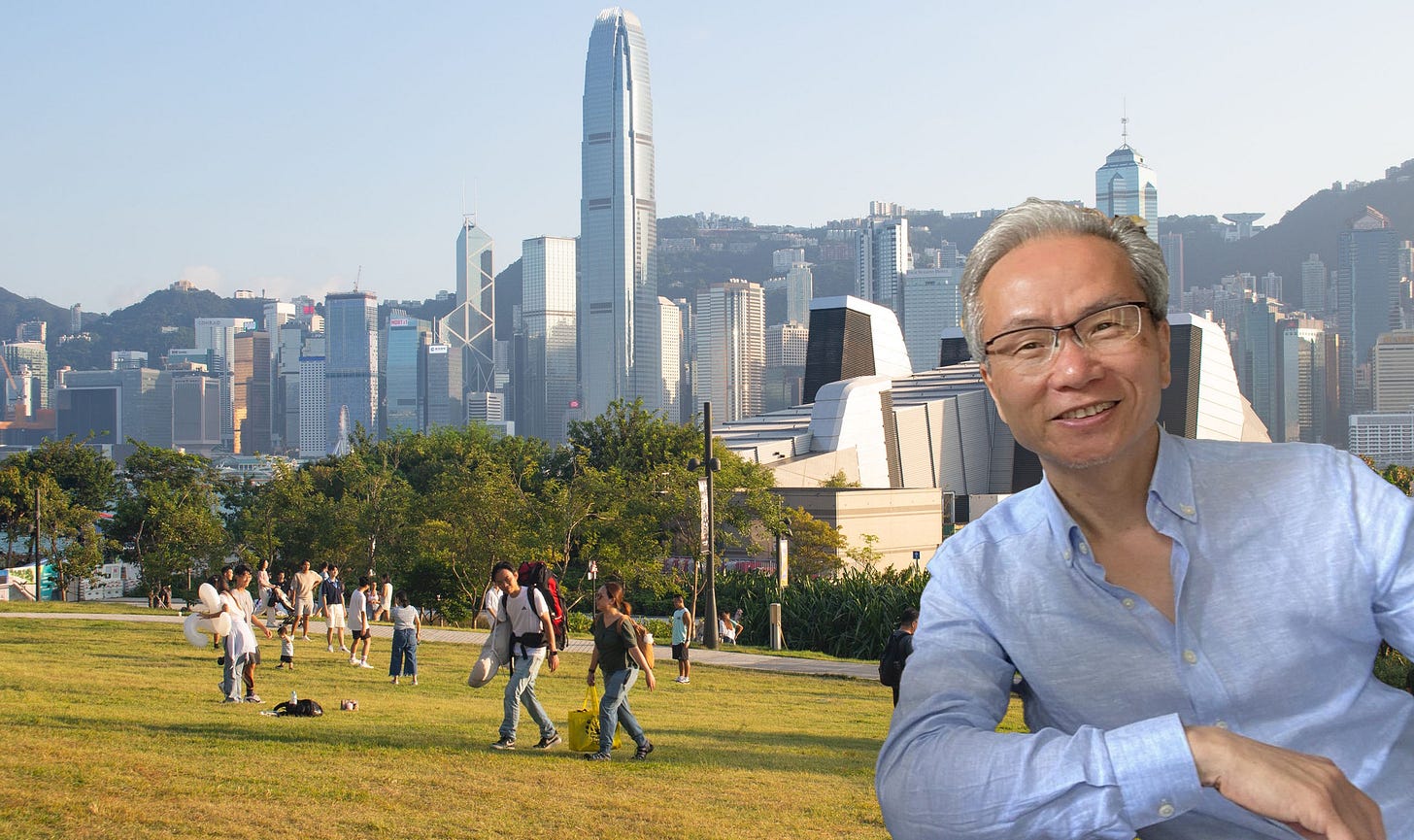Ivan Ko, founding chairman of the China Real Estate Chamber of Commerce’s Hong Kong and International Chapter, left Hong Kong following China’s imposition of the national security law, which massively curtailed freedom in the territory. Moving to the United Kingdom, he founded and later became the CEO of Victoria Harbor Group, an organization working to…
Substack is the home for great culture




